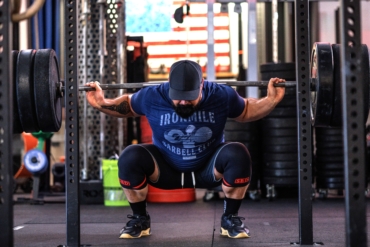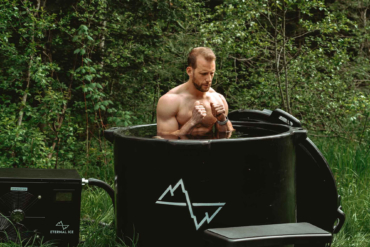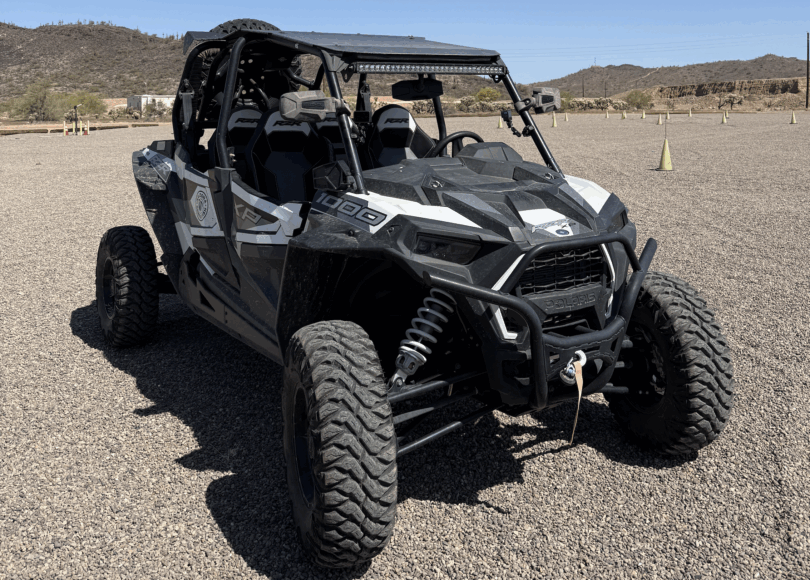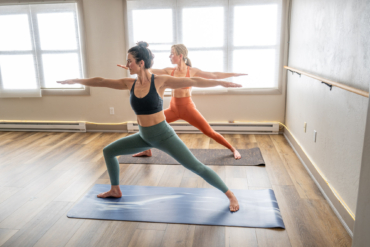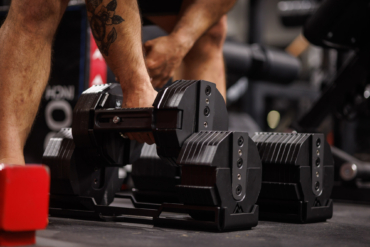Metaphysics rarely intertwines with physical fitness. But the mixing of magic, muscle and mind is encouraged by a tiny subgenre of companies in the outdoors and fitness worlds.
For example, a handful of companies are now touting special fabrics as panaceas that increase blood oxygen levels, accelerate muscle recovery, regulate body temperature, and protect your skin against free radicals.

Namely, Holofiber, Kodenshi and SeaCell are fabrics used to make shirts, jackets, socks, underwear and sleeping bag liners. Companies dabbling in the alchemy include Primaloft, Hologenix LLC, Cocoon and Wickers Sportswear Inc., to name a few.
Though Kodenshi is not yet available for testing, I tried out socks and a shirt from Wickers Sportswear (www.wickers.com) that incorporate Holofiber, a material that “modifies the spectrum of visible and invisible light, interacting with certain wavelengths, and altering them into energy,” according to the fabric’s distributor.
This energy, the explanation continues, is transmitted to the body, where it “helps the body’s cells to be better oxygenated.”
To back up its claims — including purported positive effects on everyone from athletes to the infirm — Holofiber distributor Hologenix LLC cites a study conducted at Loyola University Medical Center in Chicago that shows increased oxygen levels in the body for diabetic patients wearing Holofiber socks and gloves.

Wickers Sportswear’s T-shirt, the WA800 Holofiber Short Sleeve Crew Neck, is a nice shirt, soft to the touch and form fitting. It costs $75. It’s stylish and comfortable to wear. Holistically, however, I personally noticed no effect.
Dido with the SeaCell. Though Cocoon’s $75 SeaCell MummyLiners are nice — smooth, comfortable, quality-made — the “revolutionary health-promoting” properties of the sleeping bag liner was not overly apparent.
To Cocoon’s (www.cocoonusa.com) defense, though, the SeaCell fabric — which is seaweed-based — also has antibacterial and antifungal attributes, keeping your sleeping bag smelling fresh longer while traveling around the world. (SeaCell MummyLiners are 50 percent silk, 35 percent cotton, and 15 percent seaweed.)
Beyond fabric, I tested out two products that bank on the principles of reflexology, which is a practice of stimulating points on your hands and feet to garner beneficial effect on other parts of the body.
El Naturalista’s BADAWI sandal has an insole with tiny rubber nubs that press into your foot in precise reflexology pressure points. The bottom of the sandal is imprinted with a guide to each nub and its corresponding organ or bodily appendage.
The company (www.elnaturalista.com) is onto something here, I believe. The $120 sandal is stylish and comfortable. It’s durable too: I wore them all summer long and they still look new. The pressure-point effect was comfortable and subtly massaging.
El Naturalista touts reflexology as something that can prevent illness, relieve stress and contribute to balance and wellbeing. My balance was fine in the sandals, though bodily peace and harmony was not fully realized via the footwear.
Last in line, Fitter International Inc. (www.fitter1.com) sent its $40 Cobblestone Walkway, a roll-out rug dabbed with plastic knobs made to resemble small cobbles on a path. The company pitches the 72-inch-long mat as a reflexology product that will improve balance and circulation while reducing blood pressure and stress.
I found the Cobblestone Walkway to be an interesting conversation piece rolled out on my living room floor. It provides a foot massage of sorts, too, though it is not as soothing as it looks. The cobbles are angled sharp to pressure small points on your feet. It’s a bit harsh, but not in a totally bad way. It hurts kind of good, stimulating and relaxing like a karate-chop massage.

